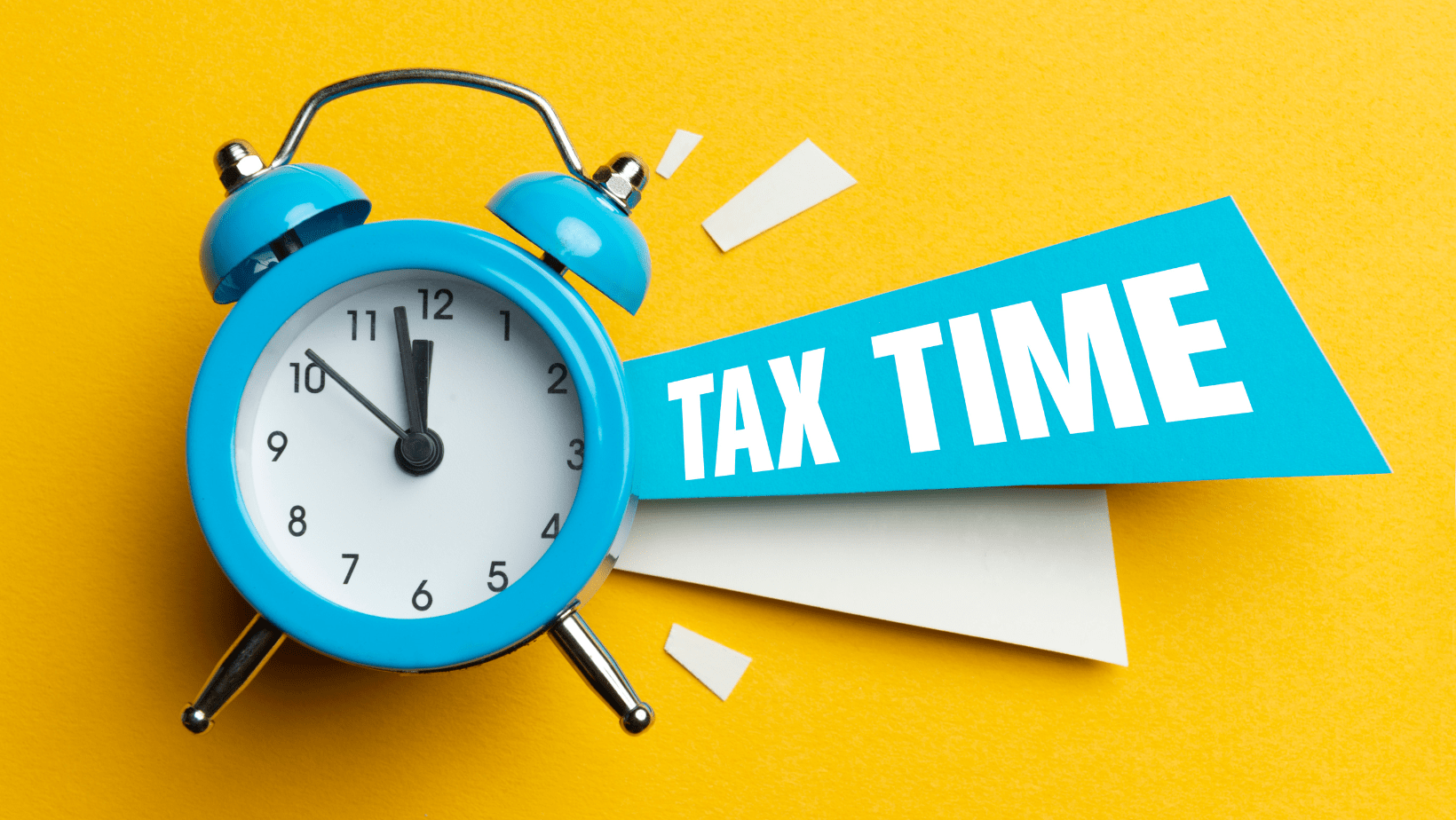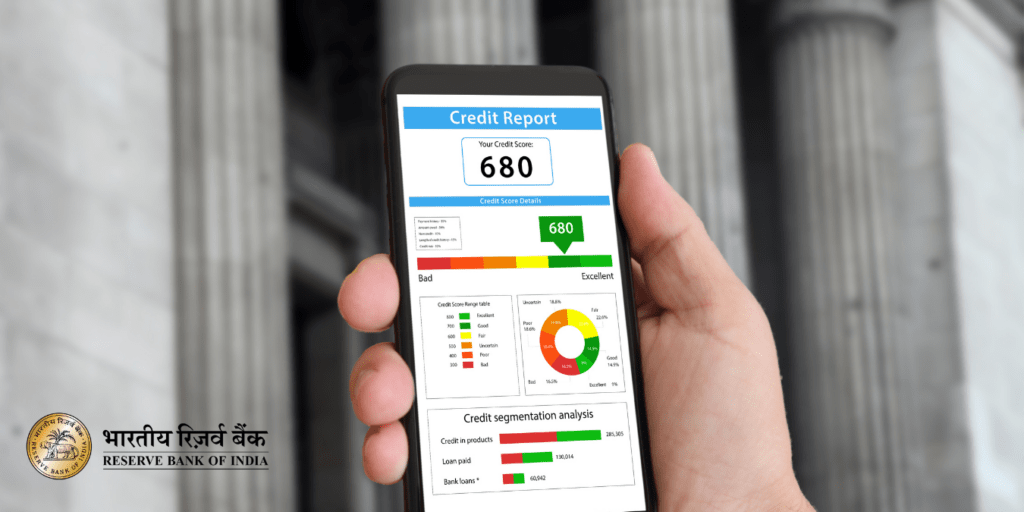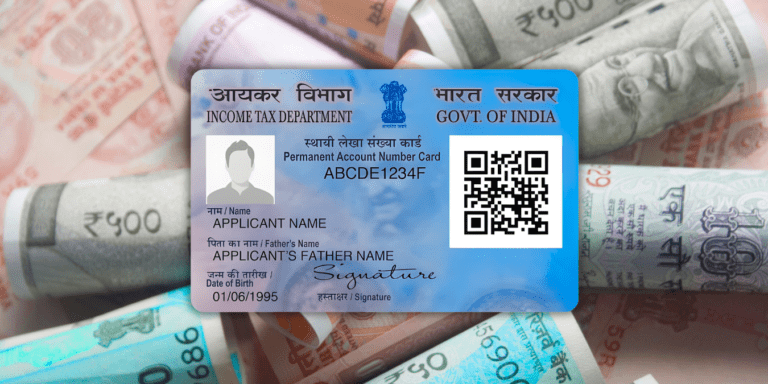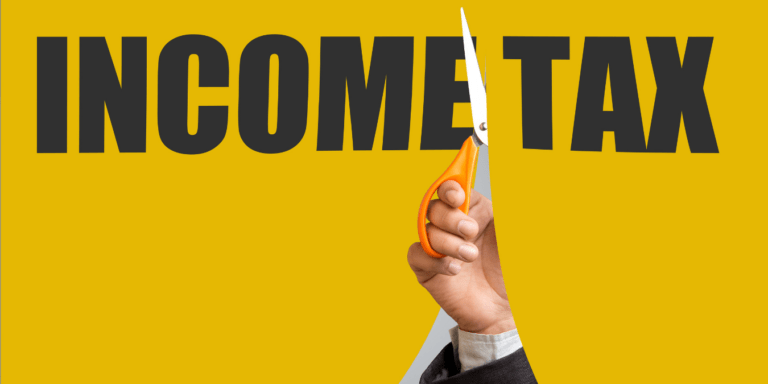
“The key tax changes proposed in Budget 2025 for salaried taxpayers. Economists suggest increasing the basic exemption limit, raising the standard deduction, and rationalizing tax slabs to provide significant relief. Learn how these changes could impact your disposable income, savings, and investments. Explore potential benefits for electric vehicle purchases and the housing sector. Understand the challenges and considerations of implementing these reforms. Stay informed with expert opinions and insights on the future of tax compliance and economic growth. Read our comprehensive guide to Budget 2025’s tax proposals for salaried individuals.”
As Budget 2025 approaches, salaried taxpayers are eagerly anticipating potential changes that could ease their financial burden. Economists have put forth several suggestions aimed at providing relief and boosting economic growth. This blog post will delve into these recommendations, their potential impact, and the broader implications for the economy.
The Union Budget is a crucial event for the Indian economy, setting the tone for the financial year ahead. For salaried taxpayers, it often brings hopes of tax relief and increased disposable income. With Finance Minister Nirmala Sitharaman set to present the Budget on February 1, 2025, let’s explore what changes economists are suggesting for salaried taxpayers.
Current Tax Regime and Proposed: Overview
Here are some detailed statistics and insights on the tax benefits proposed for Budget 2025:
Higher Tax Exemption Limit
- Current Limit: ₹3 lakh
- Proposed Limit: ₹5 lakh
- Impact: This change would exempt an additional ₹2 lakh of income from tax, benefiting millions of salaried taxpayers. For instance, if a taxpayer earns ₹7 lakh annually, their taxable income would reduce from ₹4 lakh to ₹2 lakh, significantly lowering their tax liability.
Increased Standard Deduction
- Current Deduction: ₹75,000
- Proposed Deduction: ₹1 lakh
- Impact: The increase in the standard deduction would provide additional relief of ₹25,000. This means that a salaried individual can deduct ₹1 lakh from their taxable income, reducing their overall tax burden.
Rationalizing Tax Slabs
- Current Slabs:
- Up to ₹3 lakh: Nil
- ₹3 lakh to ₹5 lakh: 5%
- ₹5 lakh to ₹10 lakh: 20%
- Above ₹10 lakh: 30%
- Proposed Slabs:
- Up to ₹5 lakh: Nil
- ₹5 lakh to ₹10 lakh: 10%
- ₹10 lakh to ₹20 lakh: 20%
- Above ₹20 lakh: 30%
- Impact: Simplifying the tax slabs would make the tax system more progressive and reduce the tax burden on middle-income earners. For example, someone earning ₹12 lakh annually would see their tax rate drop from 20% to 10% for the income between ₹5 lakh and ₹10 lakh.
Old vs. New Tax Regime
India currently operates under two tax regimes: the old regime, which offers various deductions and exemptions, and the new regime, which provides lower tax rates but fewer deductions. The old regime’s complexity often deters taxpayers, while the new regime’s simplicity and lower rates are appealing but come with fewer benefits.
Tax Benefits for Electric Vehicles
- Current Benefits: Deduction of up to ₹1.5 lakh on interest paid on loans for electric vehicles
- Proposed Benefits: Additional exemptions and deductions
- Impact: Encouraging the purchase of electric vehicles through tax benefits can lead to increased adoption of sustainable transportation. This could result in a reduction of carbon emissions and promote environmental sustainability.
Boosting the Housing Sector
- Current Benefits:
- Deduction of up to ₹2 lakh on home loan interest under Section 24
- Deduction of up to ₹1.5 lakh on principal repayment under Section 80C
- Proposed Benefits: Increase in deduction limits
- Impact: Enhancing tax benefits for home loans can stimulate the housing market. For example, increasing the deduction limit on home loan interest from ₹2 lakh to ₹3 lakh would provide additional relief to homeowners, making housing more affordable.
Overall Impact on Disposable Income
- Increase in Disposable Income: The proposed changes could increase the disposable income of salaried taxpayers by up to 10-15%, depending on their income level and tax bracket.
- Savings and Investments: With more disposable income, taxpayers are likely to increase their savings and investments, contributing to greater financial security and economic growth.
- Consumer Spending: Increased disposable income can boost consumer spending, driving demand for goods and services and stimulating economic activity.
These proposed changes aim to provide significant relief to salaried taxpayers, enhance their financial well-being, and contribute to the overall economic growth of the country. If you have any more questions or need further details, feel free to ask!
Recent Changes
In the previous budget, the standard deduction was increased from ₹50,000 to ₹75,000 under the new regime, and the basic exemption limit was set at ₹3 lakh. These changes aimed to simplify tax filing and provide some relief to taxpayers.
Economists’ Suggestions for Budget 2025
Higher Tax Exemption Limit
Economists suggest increasing the basic exemption limit from ₹3 lakh to ₹5 lakh. This change would directly benefit low and middle-income earners, reducing their taxable income and increasing their disposable income.
Increased Standard Deduction
Another significant recommendation is to raise the standard deduction from ₹75,000 to ₹1 lakh. This increase would provide additional relief to salaried individuals, helping them manage work-related expenses more effectively.
Rationalizing Tax Slabs
Simplifying and rationalizing the tax slabs under the new regime is also on the agenda. Economists propose a more streamlined structure that would make tax compliance easier and reduce the tax burden on middle-income earners.
Tax Benefits for Electric Vehicles
To promote sustainable transportation, economists suggest introducing tax incentives for purchasing electric vehicles. These benefits could include deductions on the interest paid on loans for electric vehicles and exemptions on certain taxes.
Boosting the Housing Sector
Enhancing tax benefits for home loans and real estate investments is another key recommendation. Economists believe that increasing the deduction limits for home loan interest and principal repayment could stimulate the housing market and provide relief to homeowners.
Impact on Salaried Taxpayers
Disposable Income
The proposed changes could significantly increase the disposable income of salaried individuals. Higher exemption limits and standard deductions mean more money in the hands of taxpayers, which can be used for savings, investments, or consumption.
Savings and Investments
With more disposable income, taxpayers are likely to increase their savings and investments. This behavior can lead to greater financial security for individuals and increased capital available for economic growth.
Consumer Spending
Increased disposable income can also boost consumer spending. When people have more money to spend, they are likely to purchase goods and services, stimulating demand and driving economic growth.
Challenges and Considerations
Implementation Hurdles
Implementing these changes could pose administrative challenges. The government would need to ensure that the tax system remains efficient and that taxpayers can easily comply with the new rules.
Balancing Fiscal Deficit
While providing tax relief is important, the government must also balance its fiscal responsibilities. Reducing taxes could impact revenue, so it is crucial to find a balance that supports economic growth without exacerbating the fiscal deficit.
Expert Opinions
Economists’ Views
Leading economists have weighed in on the proposed changes. Deepika Mathur, Director at Deloitte India, emphasizes the importance of increasing the standard deduction and exemption limits under the new regime. Sanchita Mukherji, Senior Business Economist, highlights the disproportionate tax burden on salaried individuals and the need for reforms.
Industry Leaders
Industry leaders and tax experts also support these changes. They believe that simplifying the tax structure and providing more relief to taxpayers can boost economic activity and improve compliance.
The suggestions put forth by economists for Budget 2025 aim to provide significant relief to salaried taxpayers. By increasing the tax exemption limit, raising the standard deduction, and rationalizing tax slabs, the government can enhance disposable income, encourage savings and investments, and stimulate consumer spending. However, careful consideration must be given to implementation challenges and fiscal responsibilities.
As we await the Budget announcement, it is clear that these proposed changes have the potential to positively impact the lives of salaried individuals and contribute to the overall economic growth of the country.
-
Galgotias University’s “ORION” Robot Dog: What Really Happened at India’s Biggest AI Summit?
A robot dog stole the show at India’s biggest AI summit — but something felt off. Netizens ran
-
February 18 Gold Silver Crash: How Rs 8000 Silver Fall Impacts Wedding Jewellers
Gold and silver rates in India dipped further today amid ongoing global corrections. This blog dives into February
-
Indian Stock Market Trends Feb 18: PSU Banks +2.11%, IT Boom—Curious Bank Nifty Breakout Prediction
Indian stocks surged—Sensex 83,450, Nifty 25,725—but is this rally a bull trap? Uncover shocking top gainers (Adani +2.74%),
































